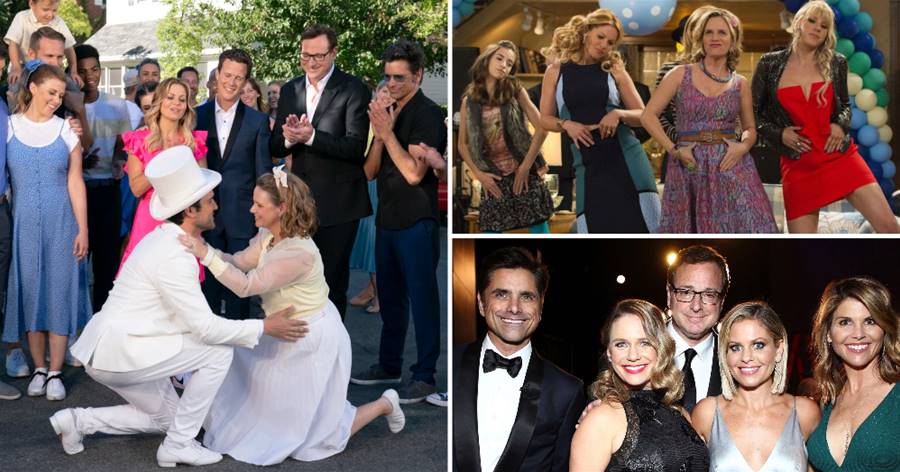
Once upon a time, was a TGIF staple on ABC. It was part of the lineup of programming that parents knew would be appropriate for their kids to watch and a way for families to enjoy Friday nights together with wholesome entertainment. And while the and scripts oozed cheesiness, there were lessons to be learned from every episode, done in a way that wrapped up the show rather than forcing a message to the audience.
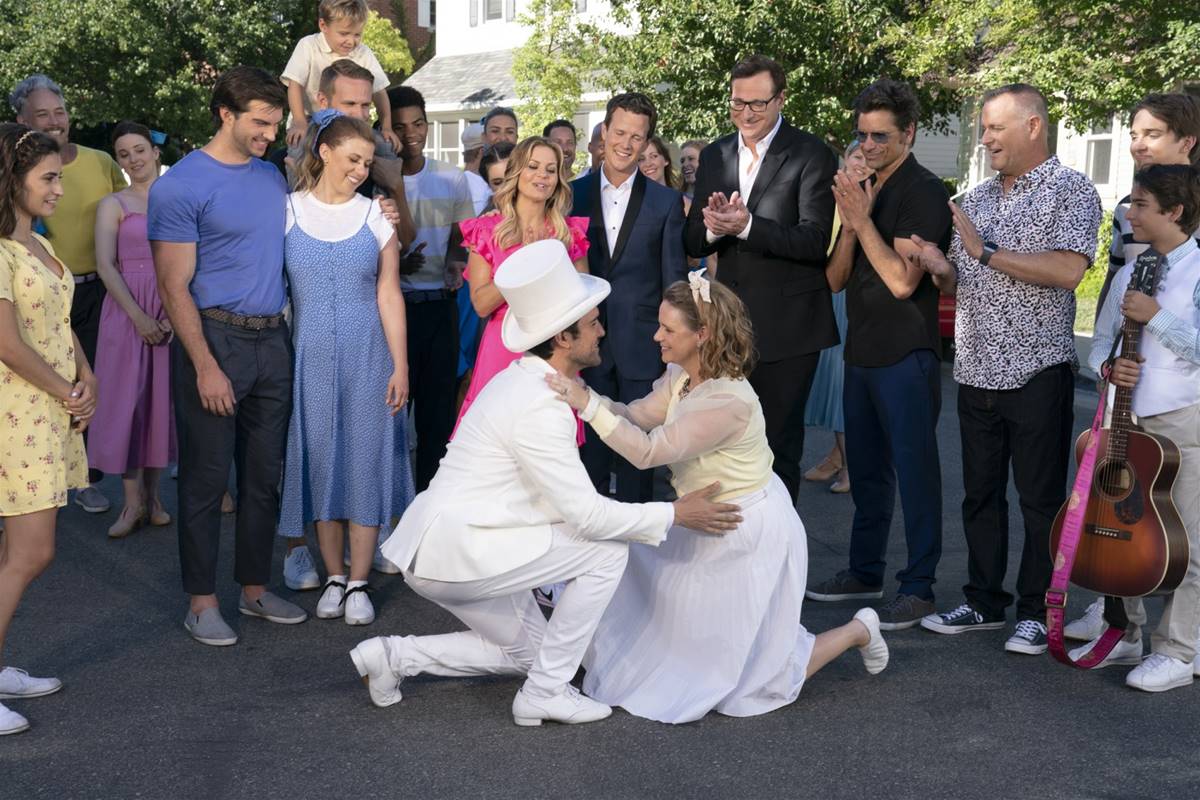
All of that ended abruptly in 1995 when one of the most beloved TV shows came to an abrupt end.
The Season Eight finale was supposed to be that — a finale for the season. Instead, it wound up being the series finale. As such, there were not any touching goodbyes, no tying up of storylines, or characters brought back to the show for one last time. Rather, the episode had a darker tone to it than most of the other episodes had over the course of eight years. And while it ended on a happy note, ending the series in this manner left fans without the sense of closure they sought after investing time and energy in the series. A move that left fans confused and upset with the way came to an end.
Here is why came to an abrupt end at the height of popularity.
When Season Eight of was shot, it was not supposed to be the last. Minimally, there was supposed to be a Season Nine. And while that season would look a bit different , it would have given writers and viewers the opportunity to say goodbye to characters they had come to know and love over the years.
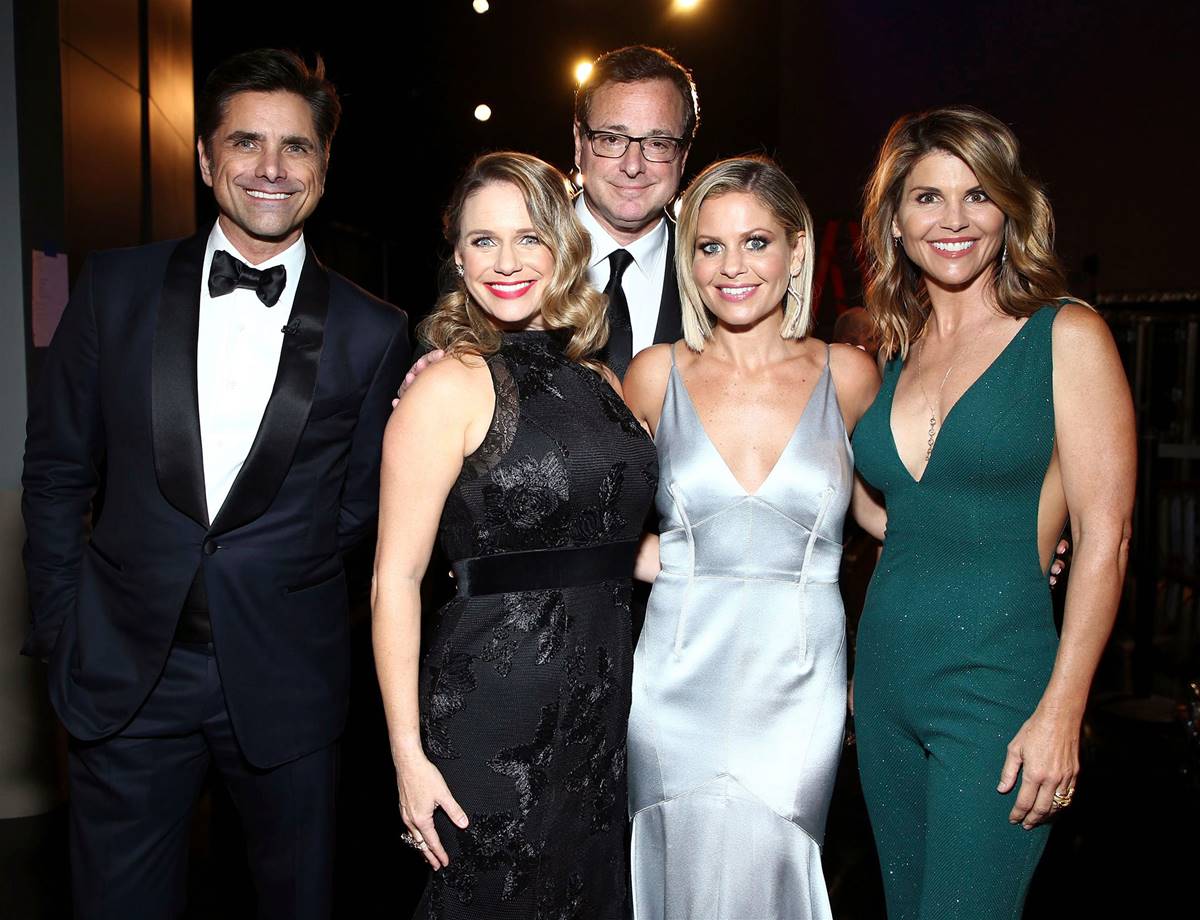
In what ended up being the show's series finale, the riding a horse on a trail and getting thrown.
As she landed, Michelle hit her head on a rock and suffered from amnesia.
And as a result, she did not remember her family and acted coldly toward them throughout the episode.
Eventually, the Tanners were able to help Michelle remember who she was and who they were, tying up the episode with a perfect bow. And while this would have been fine for a season finale, it was not for a series finale.
The move left long-time fans and even the cast thrown for a loop when it was announced the show would not be returning for a ninth season.
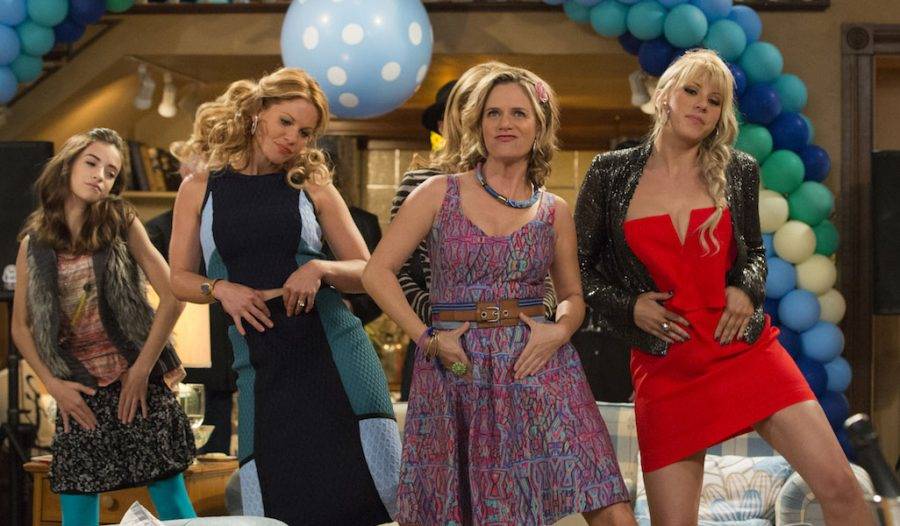
The more successful became, the higher the salaries everyone negotiated for. This included not only the cast, but the writers, producers, and directors as well. And initially, with great sponsors, this was not a problem.
But when it eventually became , eventually became too expensive to keep on the air.
When was being produced in its last season, each episode had a "$1.3 million budget." This price tag was not something that ABC felt it could keep up with.
With the projected costs just continuing to rise year after year for a show that had been on for nearly a decade, those in charge at ABC decided it was time to pull the plug on a show that was still in the top 25 comedy shows on the air at the time.
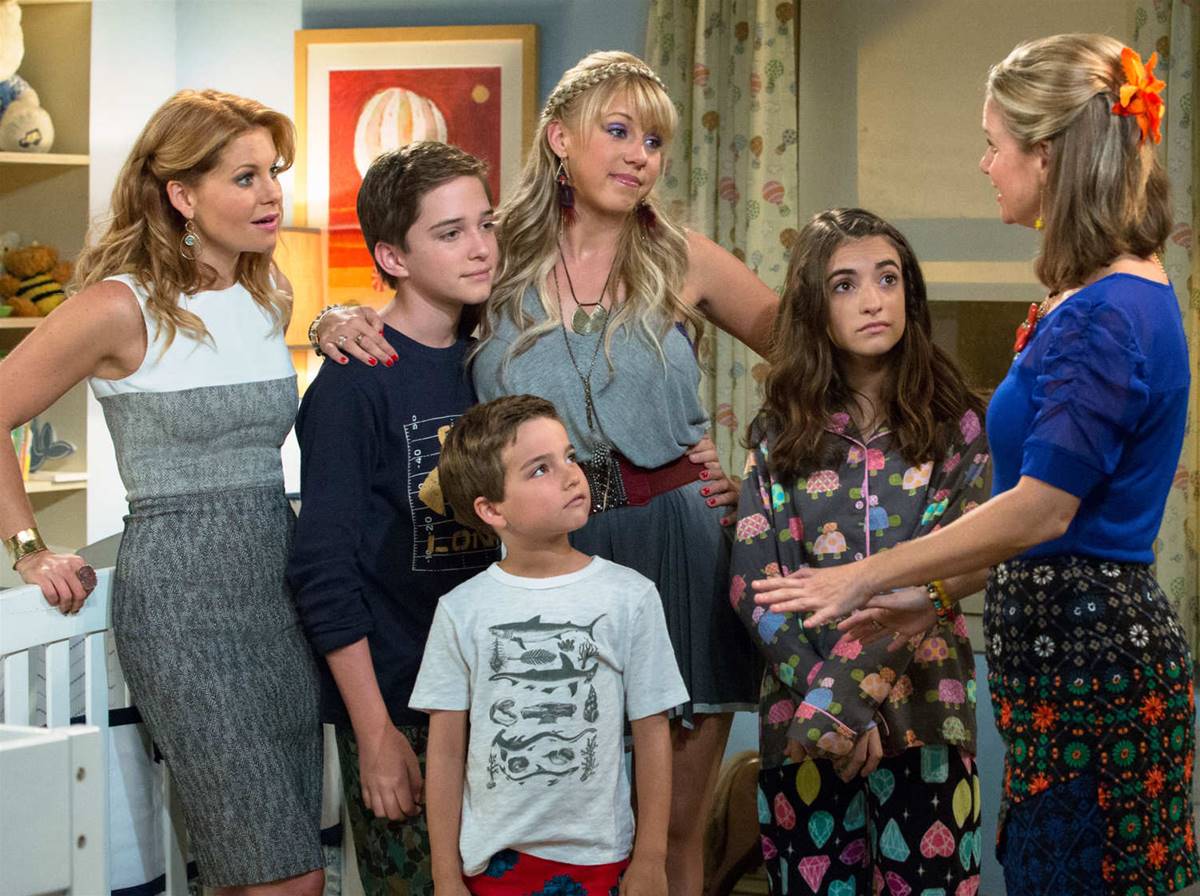
Not wanting to see the show go off the air, executives at Warner Bros., who produced the show, offered the cast and crew the option of moving to the WB Network. The show would serve as an anchor for the brand-new network.
Unfortunately, by the time this option was offered, everyone involved with the show had come to terms with it ending and did not want to continue on another network. As such, without time to write a proper series finale, the show came to an abrupt end.
As was entering the second half of the 1990s, the culture of television was changing. Instead of having wholesome family shows that everyone made it a point to sit down and watch together, there was a shift in programming.
Adults wanted to watch shows like the or Kids and teens wanted to watch and And with cable television giving established network channels a run for their money, ABC, NBC, and CBS had to do their best to keep up with trends or become insignificant.
This need to remain relevant led to a shift in the TGIF programming ABC had so much success with over the years. Instead of keeping a
ABC tried to include shows in the last 30 minutes of their lineup that appealed to older audiences. A move that proved to be unpopular.
As such, as the TGIF audiences got older and tastes changed, in conjunction with "the rise of homes with multiple TVs" the shift was made away from family-friendly programming to more "provocative" shows. And as part of that fallout, popular shows like were no more.
When got the green light from Netflix, Jeff Franklin, the creator of saw an opportunity for something special. .
As such, was used to not only bring closure to fans from the original series but to give them a glimpse as to what had occurred with the characters over the course of 30 years.
"I always sort-of looked at the first episode of Fuller House as the last episode of Full House," Franklin explained. "They never really did a last episode."
Franklin went on to say, "I felt like the first season of this show was really the last episode Full House never got. That was satisfying that the series got to continue and did not end on a weak note."
This time around, the cast knew that the series would last for five seasons. As such, there was And instead, the Tanners got an opportunity to not only say goodbye to one another but to an audience that had been faithful viewers from not only the late 1980s but into 2016 and beyond.








